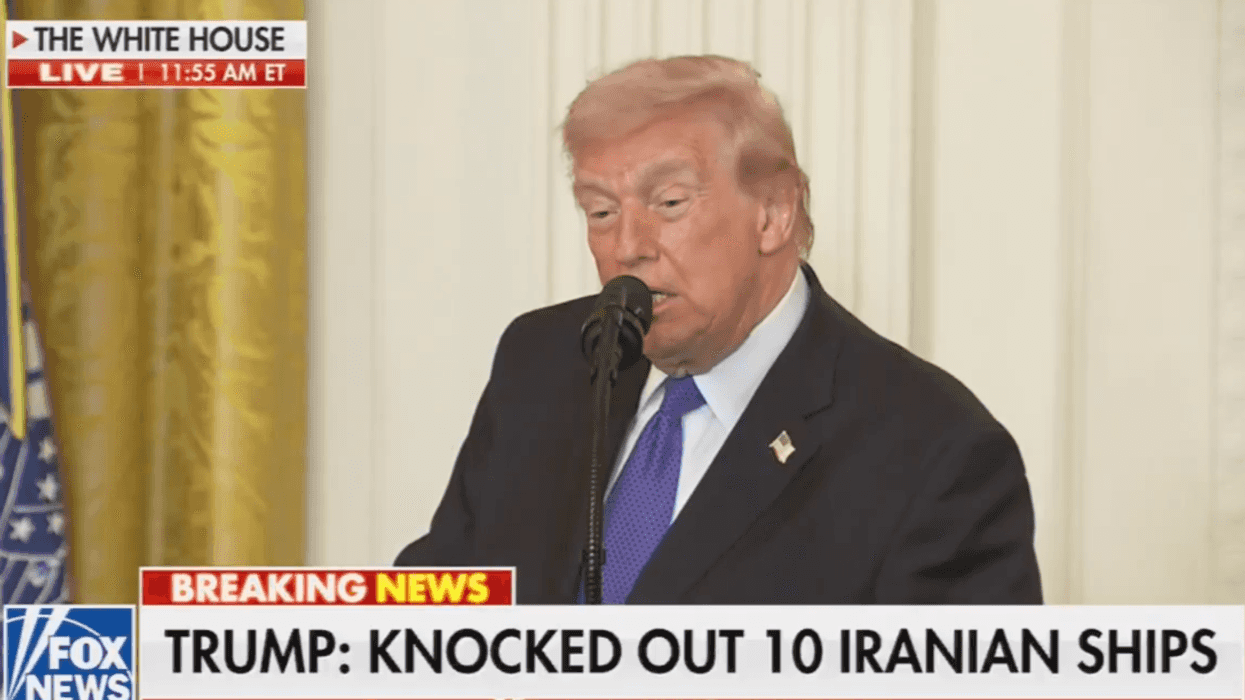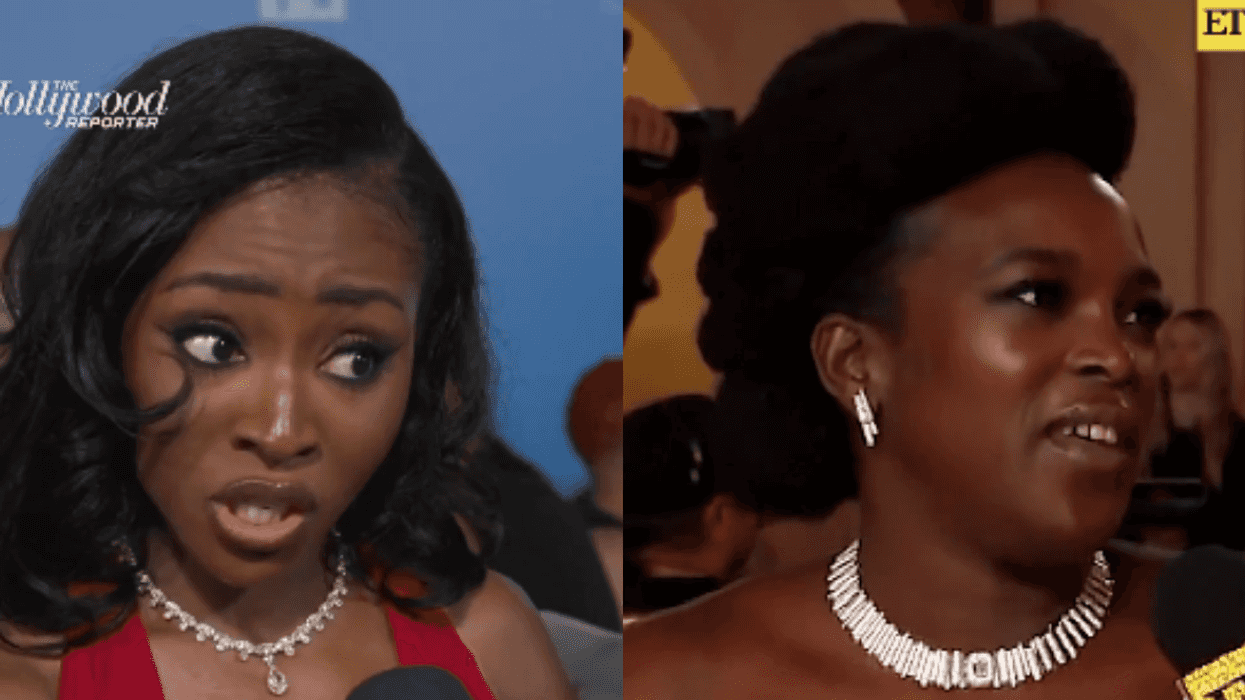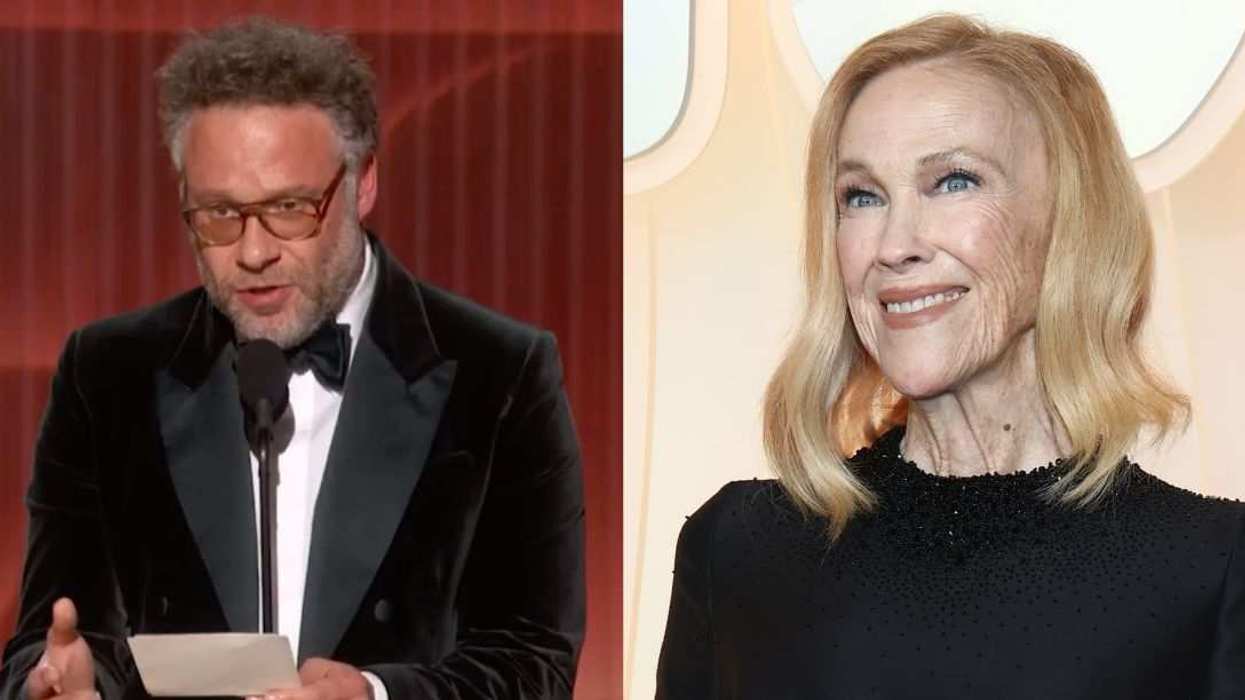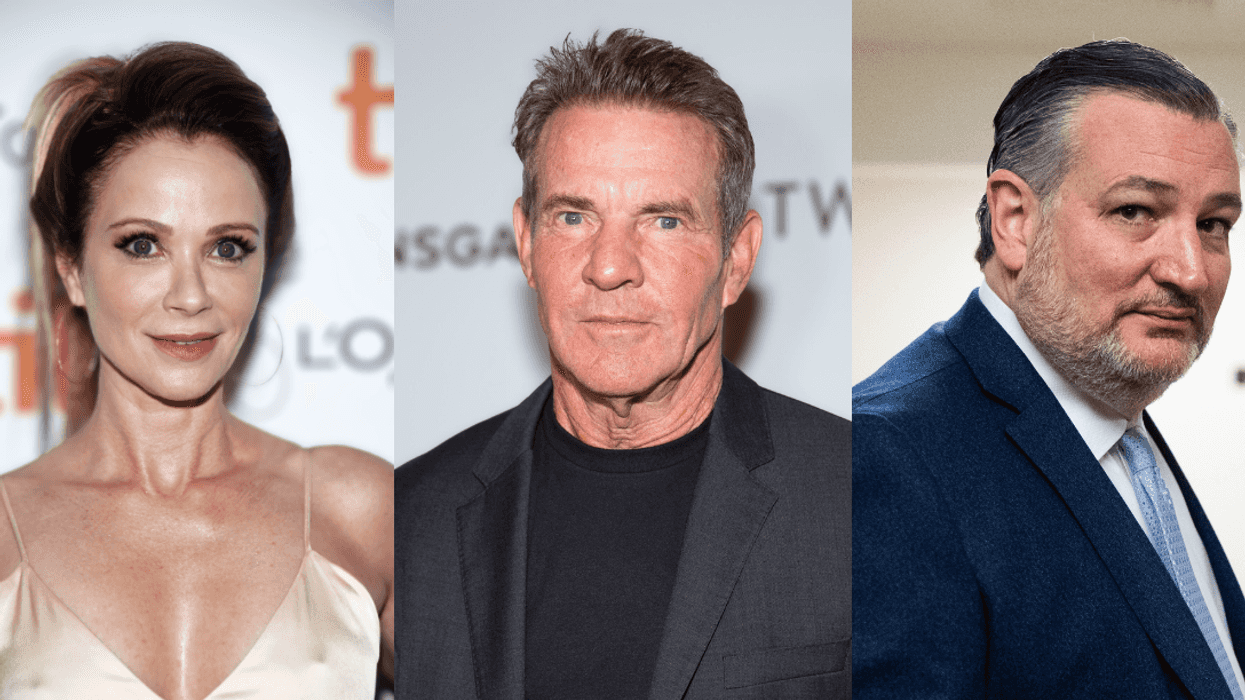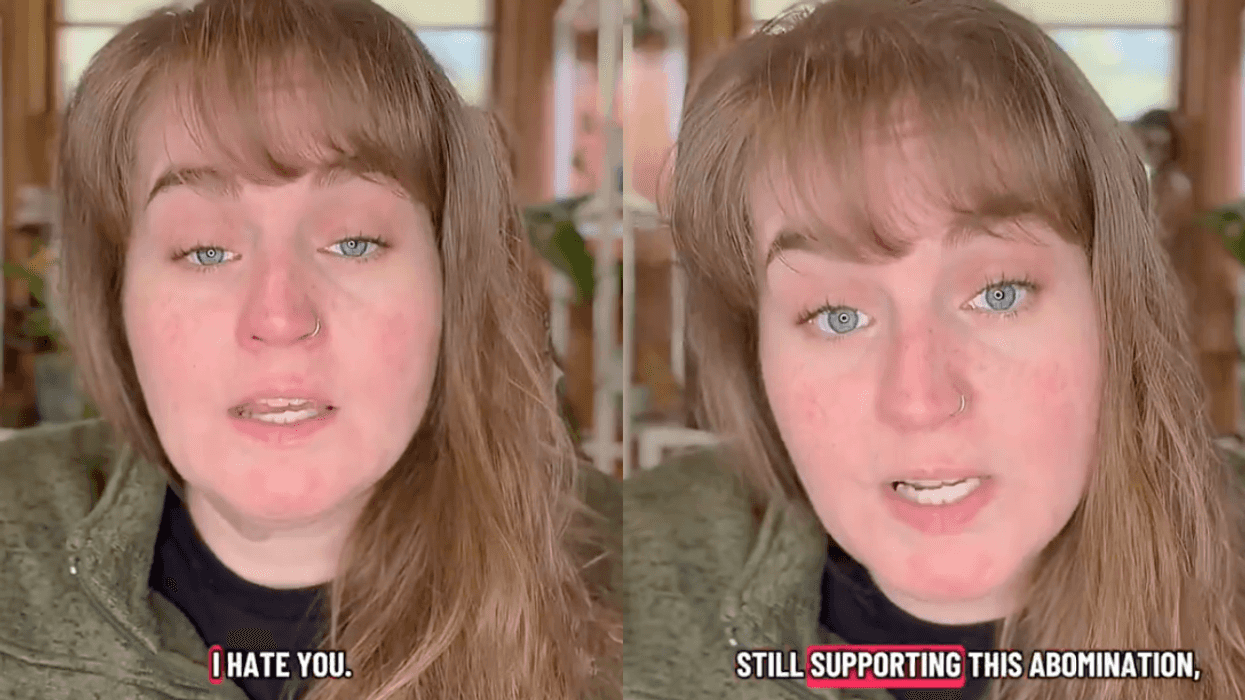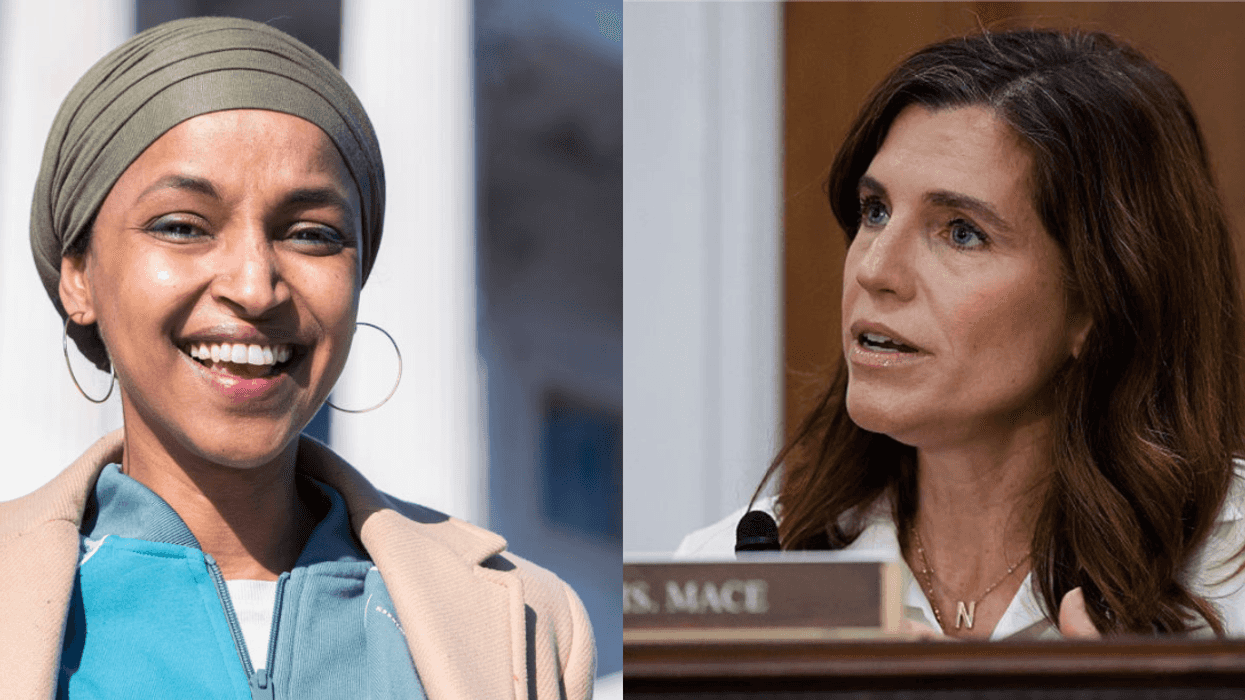Two years after social media platforms were exploited by foreign actors to manipulate the 2016 presidential election, all eyes are on Facebook and Twitter to see how the platforms will rise to the task of filtering out fake news, conspiracy theories, and "bots."
With the launch of its midterm page today, it looks like Twitter is less than prepared.
Though the premise of the page - compiling tweets from candidates, reporters, and news organizations regarding the upcoming 2018 midterms - is a necessary effort, a significant amount of known partisan "journalists" and peddlers of conspiracy theories were featured on the page's feed of latest tweets within minutes of its launch.
Such a prominent display of these misleading or outright false stories in a political climate with many close races across the country could impact voters everywhere.
Eagle-eyed viewers spotted these posts and called Twitter out.
Some of the tweets featured were from James O'Keefe, a far-right activist and founder of the anti-media group Project Veritas. O'Keefe often resorts to deception in order to entrap news organizations into producing false stories, having failed in his attempts to do so with The Washington Post
Other tweets featured were by far-right conspiracy theorist Dinesh D'Souza, who pled guilty to campaign finance fraud and was ordered to serve five years' probation before being granted a full pardon by President Donald Trump.
Other so-called journalists like Jack Posobiec, who spread the false story that Hillary Clinton operated a child sex trafficking ring from the basement of a pizza shop that didn't have a basement, were also featured. The widespread belief of the Pizzagate conspiracy theory resulted in one of its believers showing up to the shop with a gun.
Some of the sites linked weren't even news sites, but comedic satire sites like Reductress.
Amidst fears that social media would again be exploited to influence a crucial election, Americans were quick to speak out.
Twitter's creator Jack Dorsey received the brunt of the criticism after a tweet announcing the launch of the page.
The spreading of fake stories can upend democracies because - rather than forming opinions based on the acceptance of universally undisputed facts - opposing sides form beliefs and subsequently votes on false notions, often controversial ones that widen ideological chasms between citizens.
While 2016 taught us (most of us) to be vigilant against fake news and the manipulation of social media, it's unclear whether or not the damage has already been done.


